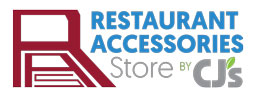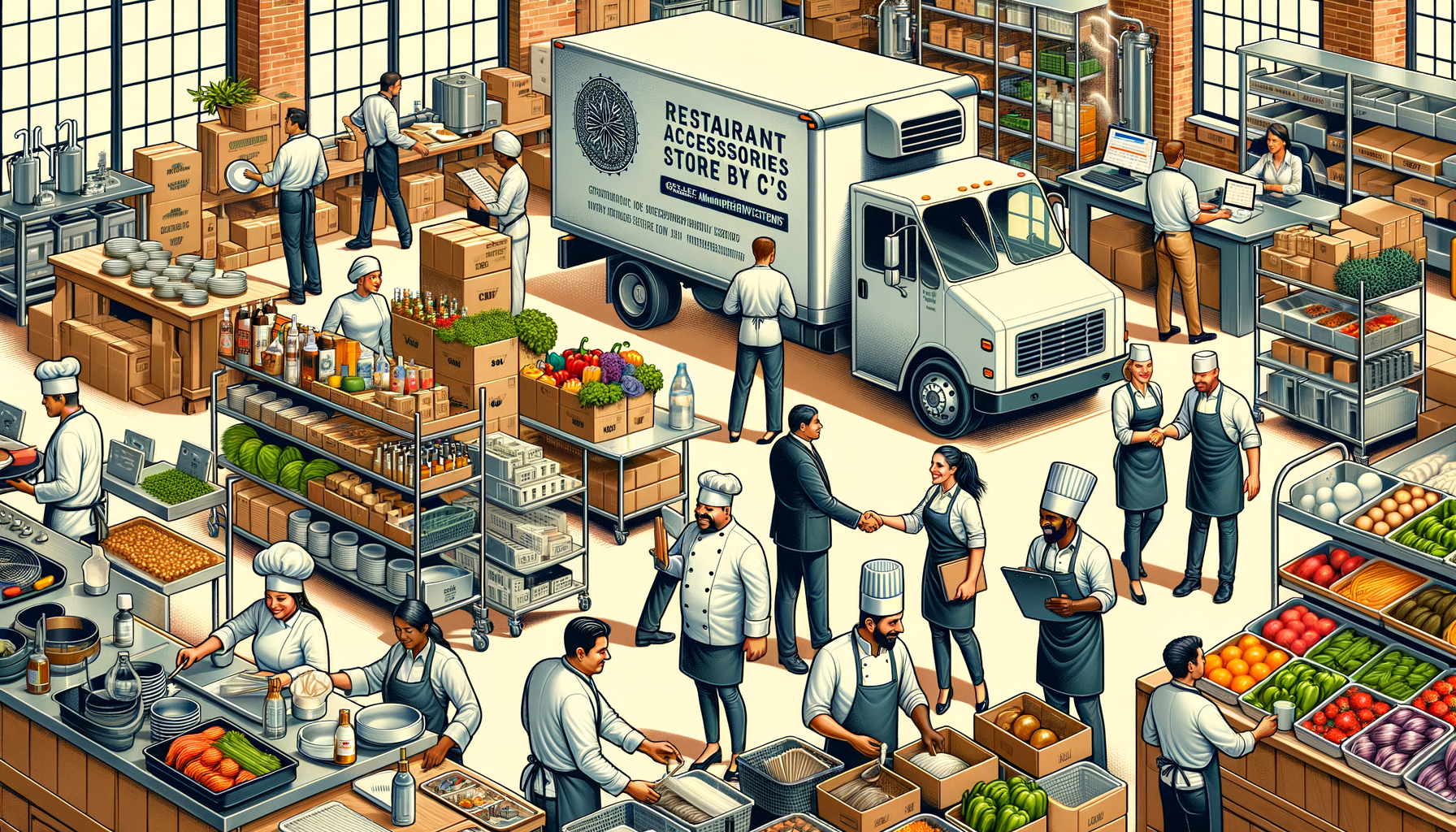Efficient Restaurant Supply Chains: Best Practices You Need
Managing a restaurant supply chain is no easy feat, as it involves coordinating a complex network of suppliers, vendors, and internal processes. However, by implementing best practices for supply chain management, you can streamline your operations, reduce costs, and ensure a steady flow of high-quality ingredients and supplies. In this blog post, we’ll explore the key strategies you need to optimize your restaurant supply chain.
Building Strong Vendor Relationships
The foundation of an efficient restaurant supply chain lies in cultivating strong relationships with your vendors. By fostering open communication, trust, and mutual understanding, you can secure better pricing, maintain consistent quality, and stay informed about potential disruptions. Regularly meet with your suppliers to discuss your needs, provide feedback, and explore opportunities for improvement. Consider implementing a vendor management system to centralize communication and track performance metrics.
When sourcing equipment and supplies for your restaurant, look for reliable vendors who specialize in the industry. For example, Restaurant Accessories Store by CJ’s offers a wide range of high-quality commercial pressure washers, detergents, and chemicals specifically designed for the demanding needs of restaurants.
Implementing Supply Chain Management Systems
To streamline your restaurant supply chain, consider investing in a supply chain management system. These software solutions can automate procurement processes, track inventory levels, and generate real-time reports on supply chain performance. By digitizing your supply chain, you can reduce manual labor, minimize errors, and gain valuable insights into your operations. Look for systems that integrate with your existing point-of-sale and accounting software for seamless data flow.
Effective Inventory Management
Proper inventory management is crucial for minimizing waste, ensuring smooth operations, and controlling costs. Implement an inventory management system that allows you to track stock levels, set reorder points, and generate reports on usage and waste. Conduct regular stocktaking to identify discrepancies and adjust your ordering practices accordingly. Analyze sales data to identify trends and adjust your inventory levels based on demand fluctuations.
To support your inventory management efforts, consider investing in high-quality access door solutions and grease containment systems from Restaurant Accessories Store by CJ’s. These products can help you maintain a clean, organized, and efficient storage area, making it easier to track and manage your inventory.
Diversifying Your Supplier Base
Relying on a single supplier for all your needs can leave you vulnerable to supply chain disruptions. Diversify your supplier base to reduce dependency and ensure a steady flow of ingredients and supplies. Identify backup suppliers for critical items and establish relationships with them before you need their services. Regularly evaluate your suppliers’ performance and be prepared to make changes if necessary.
Optimizing Order Processes
Efficient ordering processes are essential for minimizing waste, reducing costs, and ensuring timely deliveries. Implement a just-in-time ordering system to receive supplies as close to when they’re needed as possible, reducing storage requirements and minimizing spoilage. Explore bulk purchasing opportunities for non-perishable items to secure better pricing and reduce the frequency of orders. Establish clear reorder points based on usage data and lead times to avoid stockouts and overstocking.
When optimizing your order processes, don’t forget about the importance of proper maintenance and cleaning. Regularly replace your air filters and invest in high-quality cleaning accessories to keep your equipment running smoothly and your restaurant looking its best.
Conclusion
Implementing best practices for managing your restaurant supply chain can lead to significant improvements in efficiency, cost reduction, and overall operational performance. By building strong vendor relationships, implementing supply chain management systems, effectively managing inventory, diversifying your supplier base, and optimizing order processes, you can create a more resilient and profitable restaurant business.
For all your restaurant equipment and cleaning supply needs, trust Restaurant Accessories Store by CJ’s. With our wide selection of high-quality products and commitment to customer satisfaction, we’re your one-stop-shop for optimizing your restaurant supply chain.

